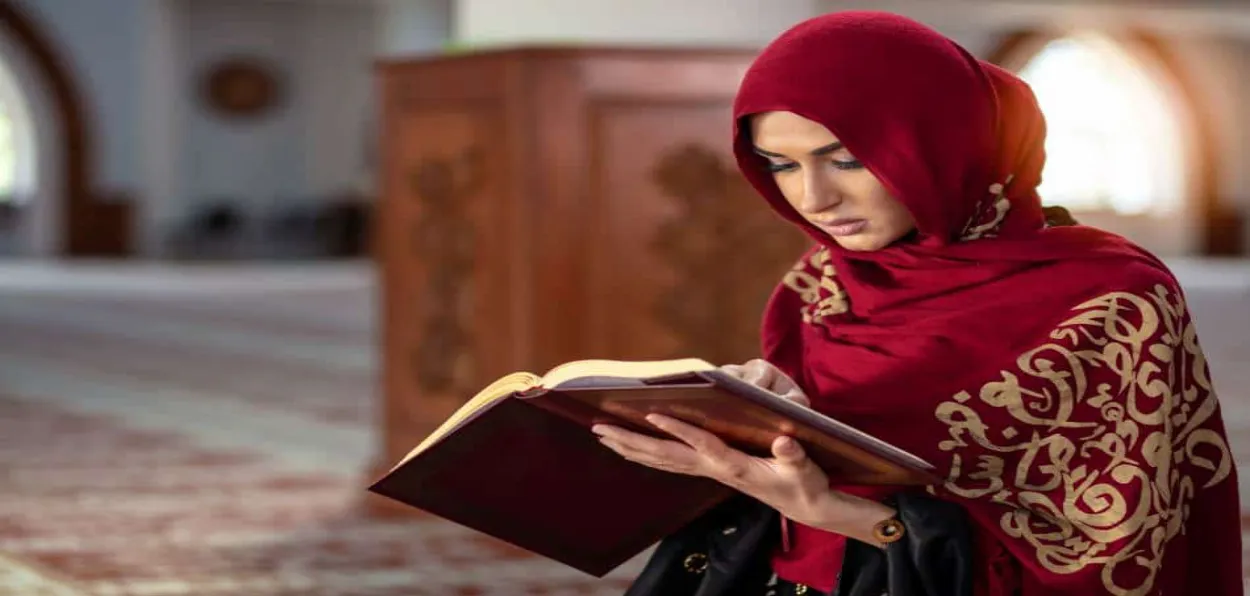
Eman Sakina
In Islam, Tarbiyat holds a central place in shaping the moral, spiritual, and intellectual character of an individual. The term ‘tarbiyat’ is derived from the Arabic root r-b-y, meaning “to nurture,” “to rear,” or “to cause to grow.” It refers to the process of developing a person’s personality in accordance with divine guidance so that they may live a life of righteousness, wisdom, and compassion.
Friday Musings
Unlike mere education (ta‘līm), which focuses on imparting knowledge, tarbiyat encompasses the complete moral and spiritual upbringing of a human being. It seeks to cultivate inner purity, good conduct, discipline, and faith — the foundation of a balanced and ethical Muslim society.
In Islam, tarbiyat is not confined to external behaviour or social etiquette; it begins from within. It starts with the purification of the heart (tazkiyah al-nafs), the control of desires, and the nurturing of sincerity (ikhlas). A person with proper tarbiyat is not merely educated in worldly matters but guided by a strong conscience that aligns their actions with the commands of Allah.
Allah Almighty says in the Qur’an: “He has succeeded who purifies it (the soul), and he has failed who corrupts it.” (Surah Ash-Shams, 91:9-10)
This verse highlights that success in Islam is not measured by material wealth or social status, but by the purification and development of one’s character. Thus, tarbiyat is the process of refining the soul so that it reflects the light of divine guidance.
The Prophet Muhammad is the greatest model of tarbiyat in human history. Allah Himself testifies to his noble character in the Qur’an: “And indeed, you are of a great moral character.” (Surah Al-Qalam, 68:4)
Through his words and actions, the Prophet trained his companions (Sahabah) to become men and women of faith, honesty, patience, humility, and justice.
His methods, which included teaching forgiveness, patience, charity, and humility, turned a diverse group of people into a cohesive and morally sound society.
The foundation of tarbiyat begins at home. Parents play a vital role in shaping their children's character. The Prophet said: “Every child is born upon the natural disposition (fitrah), but his parents make him a Jew, a Christian, or a Magian.” (Sahih Muslim)
This hadith shows that a child’s moral and spiritual growth depends greatly on the environment created by the parents. Islamic tarbiyat in the family involves teaching children about Allah, prayer, honesty, respect for elders, kindness to others, and self-discipline. Parents are instructed to be role models, as children learn more from what they see than from what they hear.
The Qur’an commands believers to protect their families from moral and spiritual harm: “O you who believe! Save yourselves and your families from a Fire whose fuel is men and stones.” (Surah At-Tahrim, 66:6)
This verse emphasises that tarbiyat is not optional — it is a religious duty upon every Muslim family.
In Islamic tradition, knowledge (‘ilm) and tarbiyat go hand in hand. The goal of education is not merely intellectual achievement but moral transformation. True knowledge leads to humility and fear of Allah, as stated in the Qur’an: Only those fear Allah, from among His servants, who know.” (Surah Fatir, 35:28)
Hence, Islamic education systems — from the time of the Prophet through the golden era of Muslim civilisation — emphasised not just intellectual excellence but also moral training. Scholars like Imam Al-Ghazali and Ibn Khaldun stressed that tarbiyat is essential for turning knowledge into wisdom and faith into action.
Spiritual tarbiyat focuses on strengthening the relationship between a believer and Allah. It involves regular prayer, remembrance of Allah (dhikr), reflection on the Qur’an, fasting, and acts of charity. These practices cultivate humility, gratitude, and inner peace.
The Sufis, or spiritual reformers in Islam, devoted much of their efforts to tarbiyatal-nafs (training of the soul). They taught that without self-discipline, humility, and sincerity, external acts of worship lose their true meaning.
As Imam Al-Ghazali wrote, “The body is the vessel of the soul, and the soul is the king of the body. When the soul is righteous, all actions of the body follow righteousness.
The process of tarbiyat extends beyond individuals and families — it shapes the entire Muslim community (Ummah). A society built on Islamic tarbiyat values justice, compassion, equality, and mutual respect. It discourages corruption, greed, dishonesty, and oppression.
When individuals are morally upright, the collective becomes strong and harmonious. The Prophet described the believers as one body: The believers, in their mutual kindness, compassion, and sympathy, are like one body; when one part suffers, the whole body responds with wakefulness and fever.” (Sahih Muslim)
This sense of social responsibility is the fruit of good tarbiyat. It creates citizens who serve others, uphold justice, and seek the welfare of all.
In today’s world of rapid technological change and moral confusion, the need for tarbiyat has become more urgent than ever. Material success is often prioritised over spiritual growth, and moral values are being eroded by selfishness and moral relativism. Muslims must revive the prophetic model of tarbiyat — one that integrates faith, knowledge, and ethics.
ALSO READ: Islamic scholars must declare terror and suicide bombing as haram
Islamic institutions, families, and communities must work together to rebuild character through Qur’anic education, mentorship, and community service. True reform begins not in systems or laws but in the human heart. Thus, the goal of tarbiyat is not only to build good Muslims but to cultivate a moral and peaceful society. When tarbiyat flourishes, the Ummah becomes strong, united, and a source of light for humanity — just as it was in the time of the Prophet.
